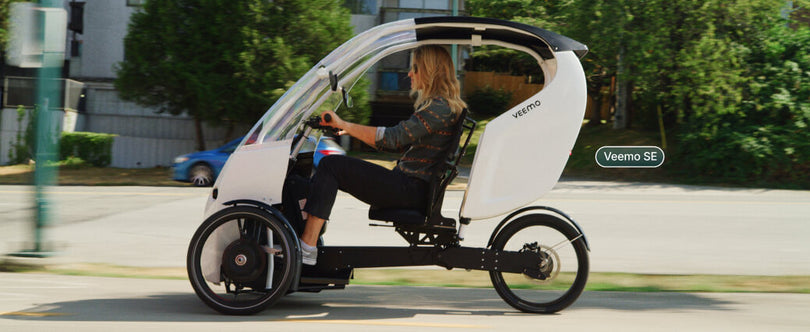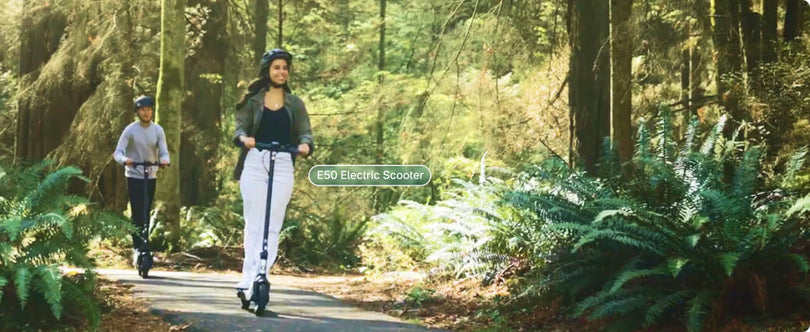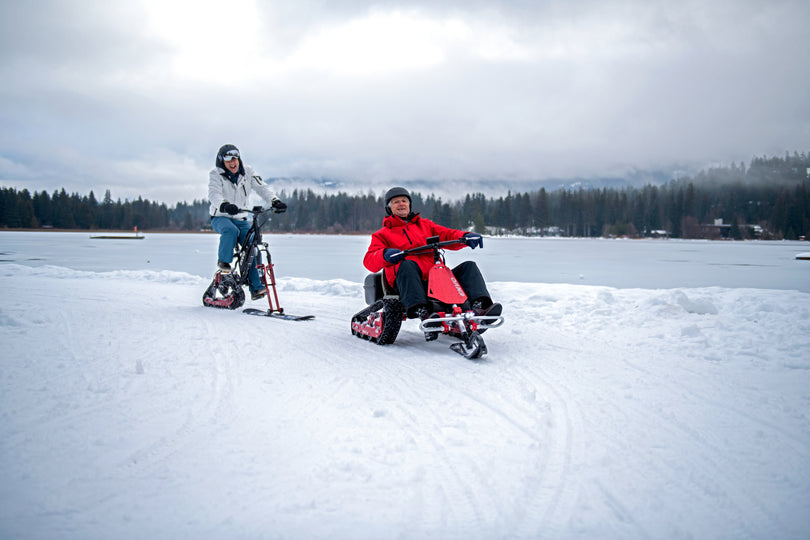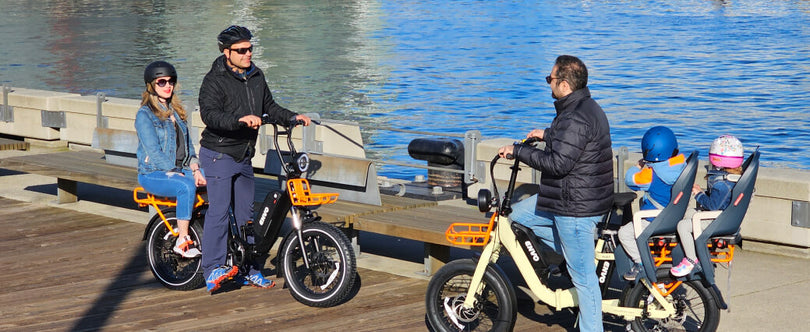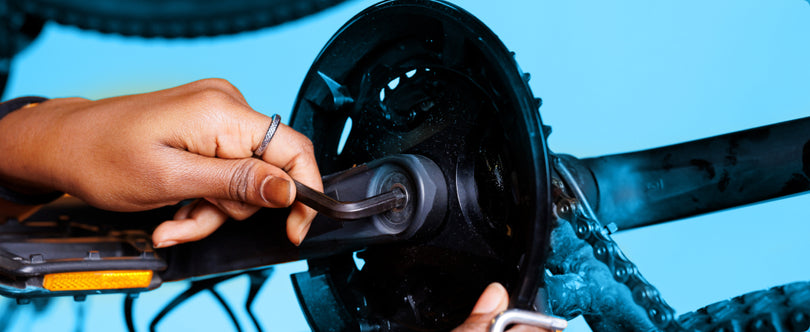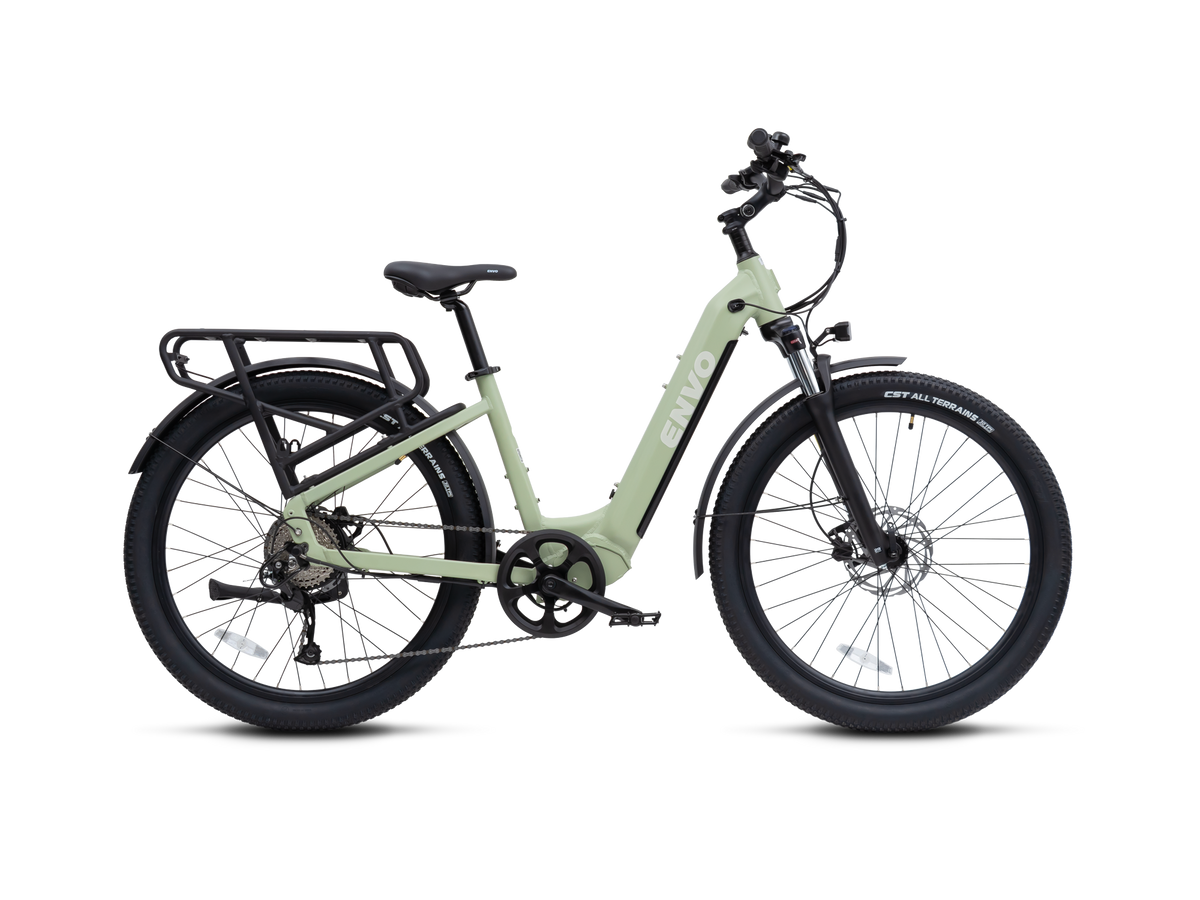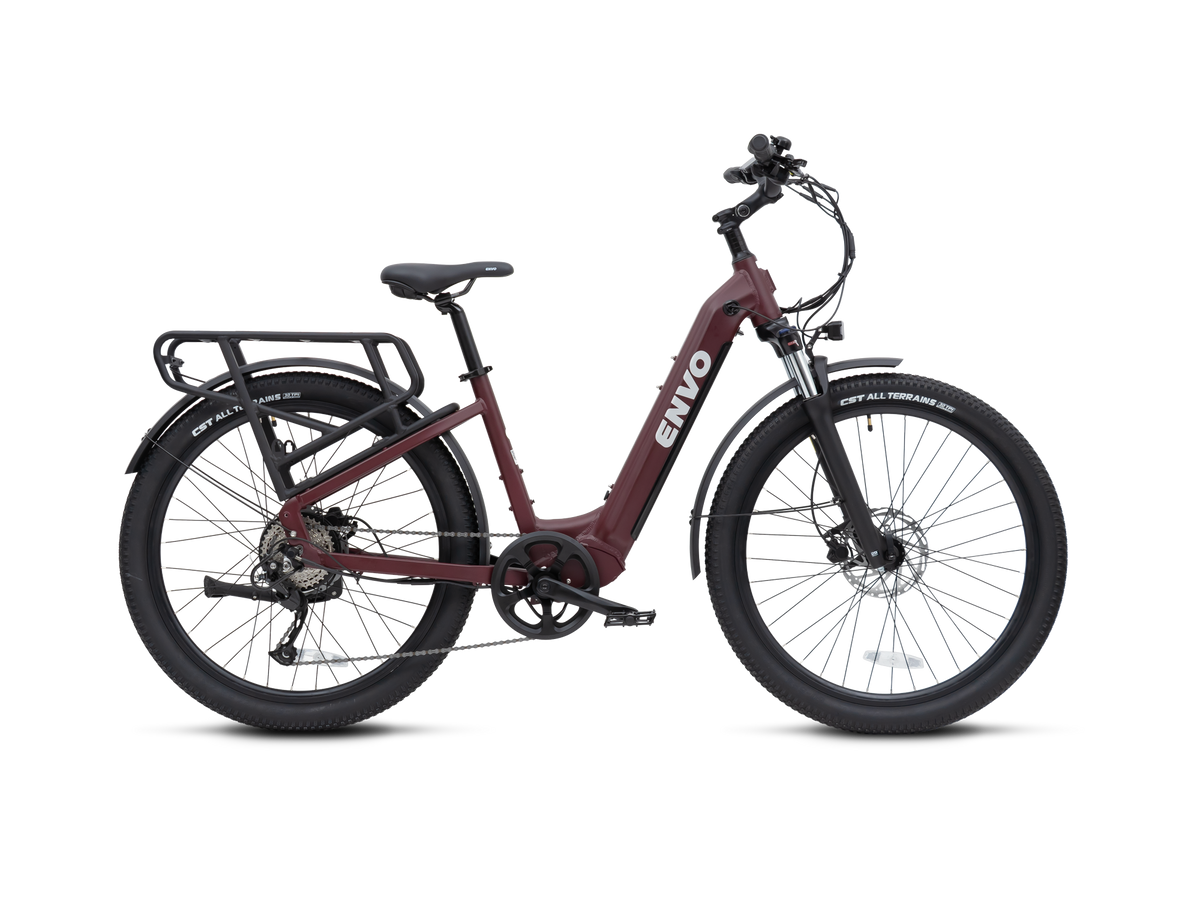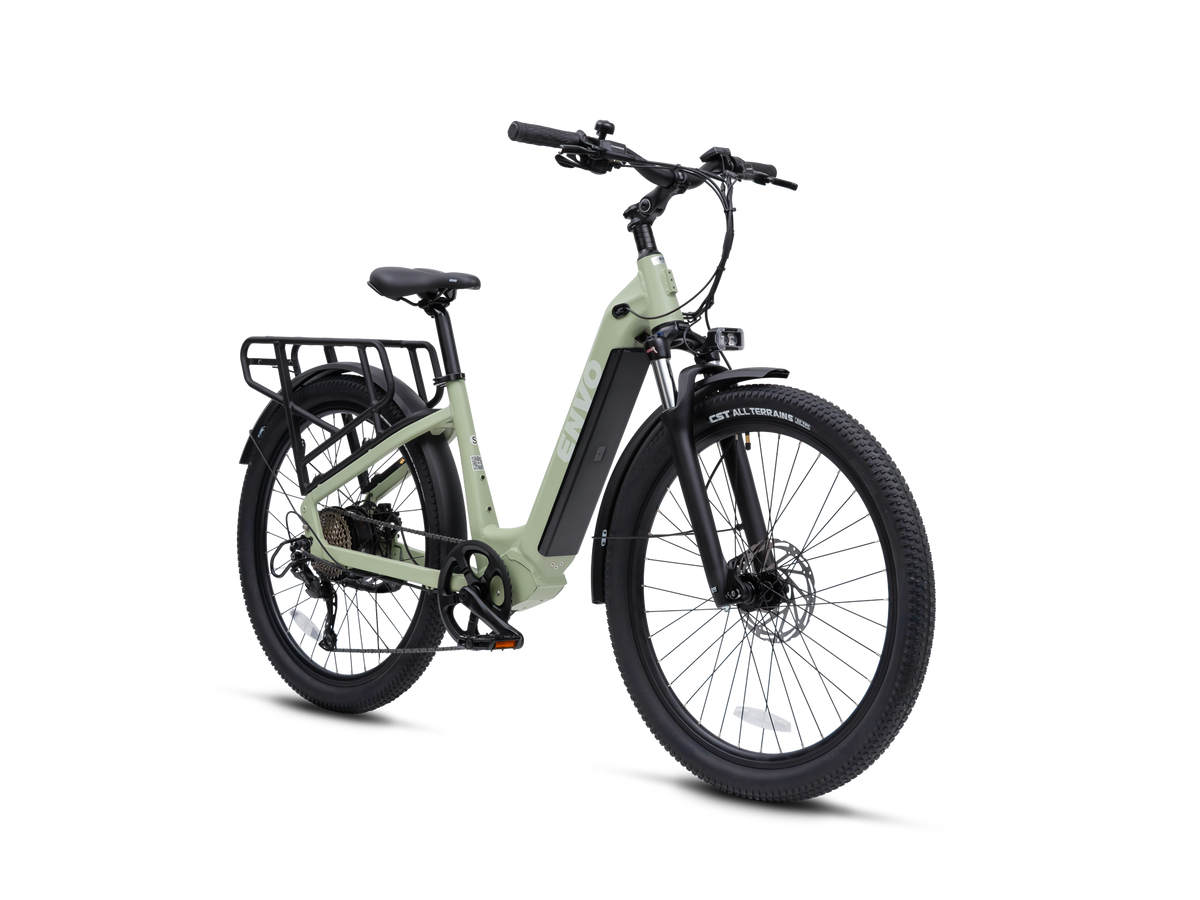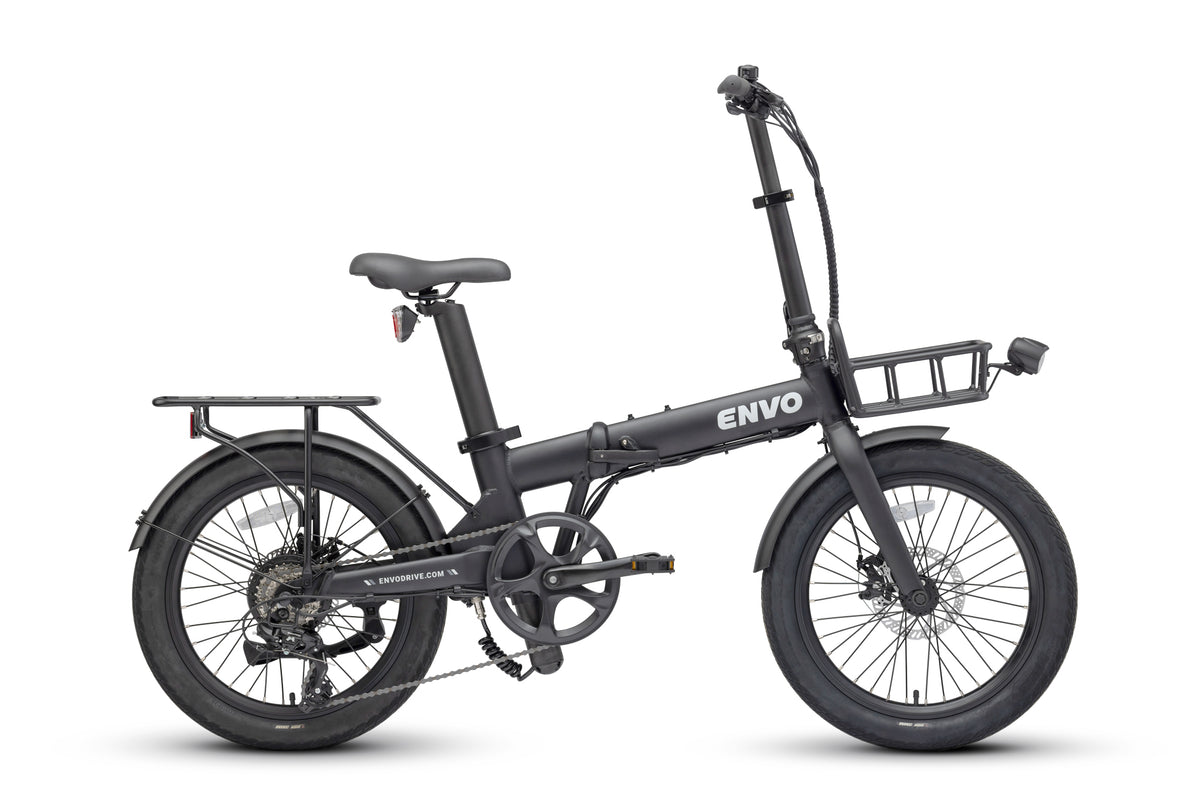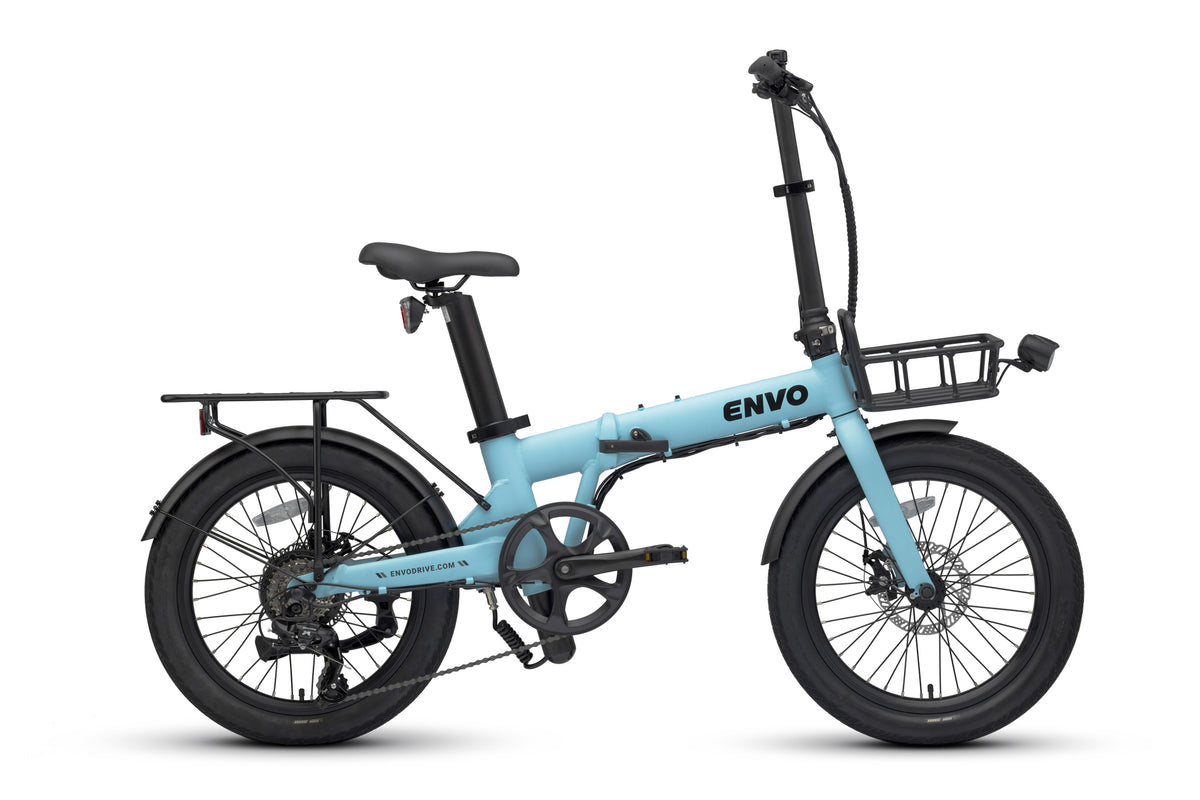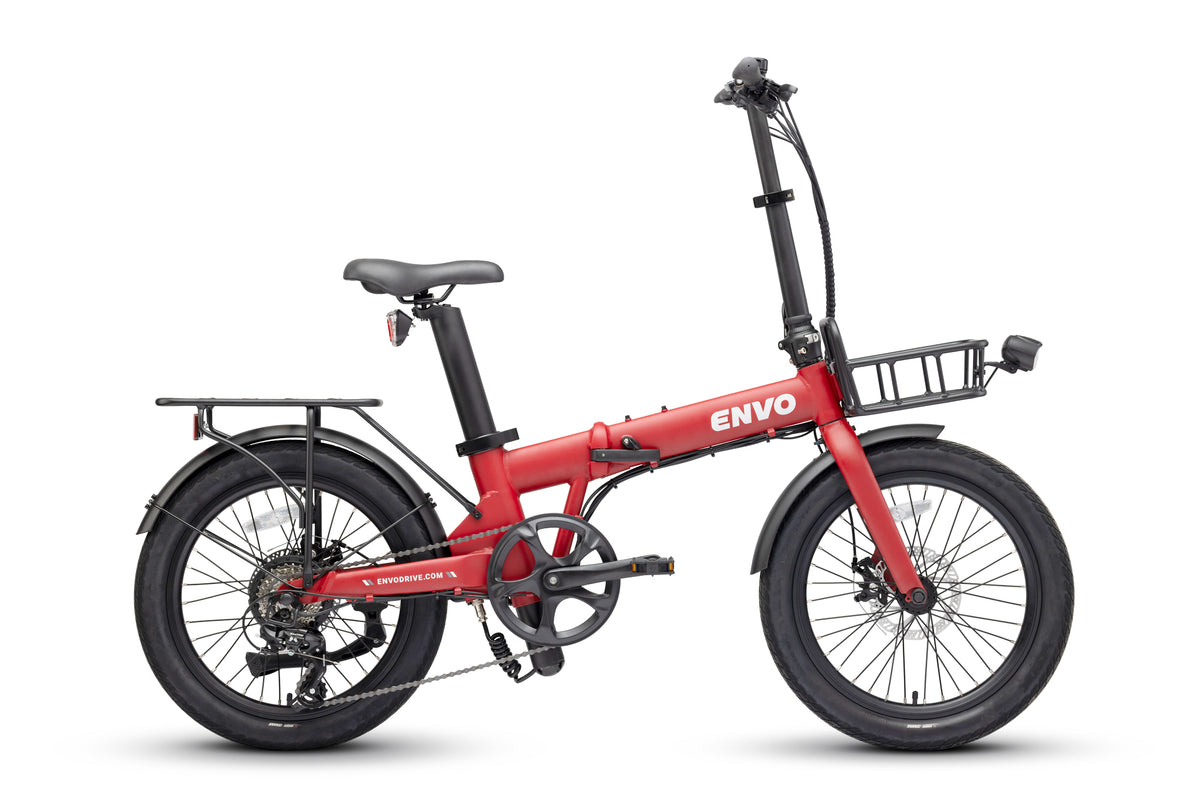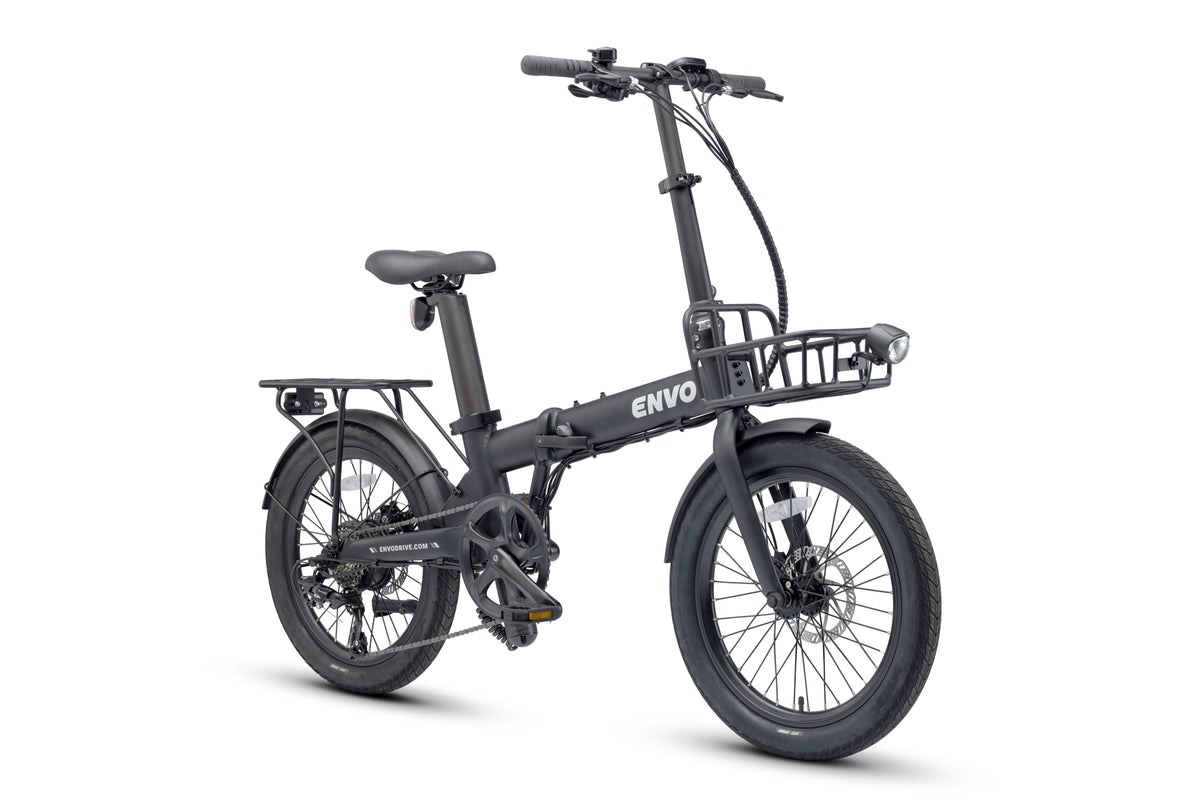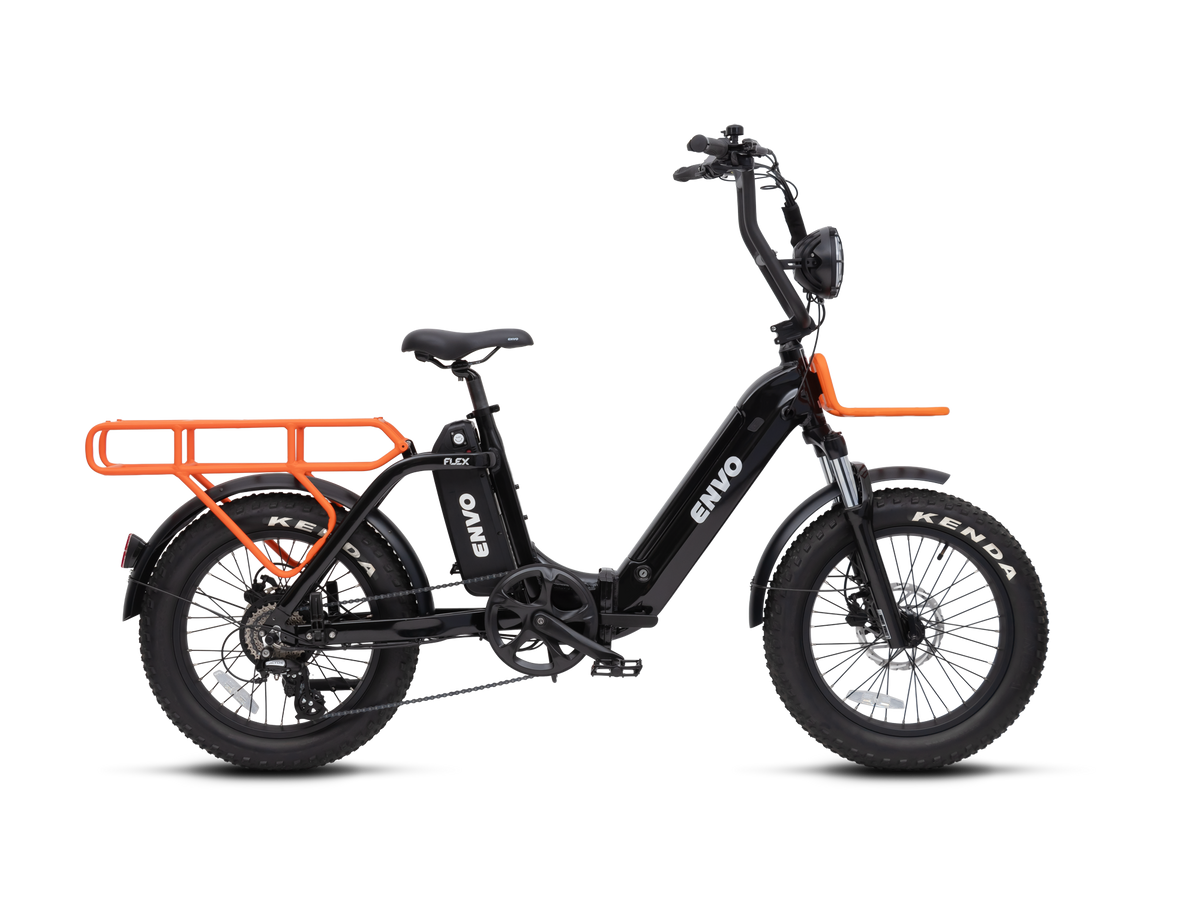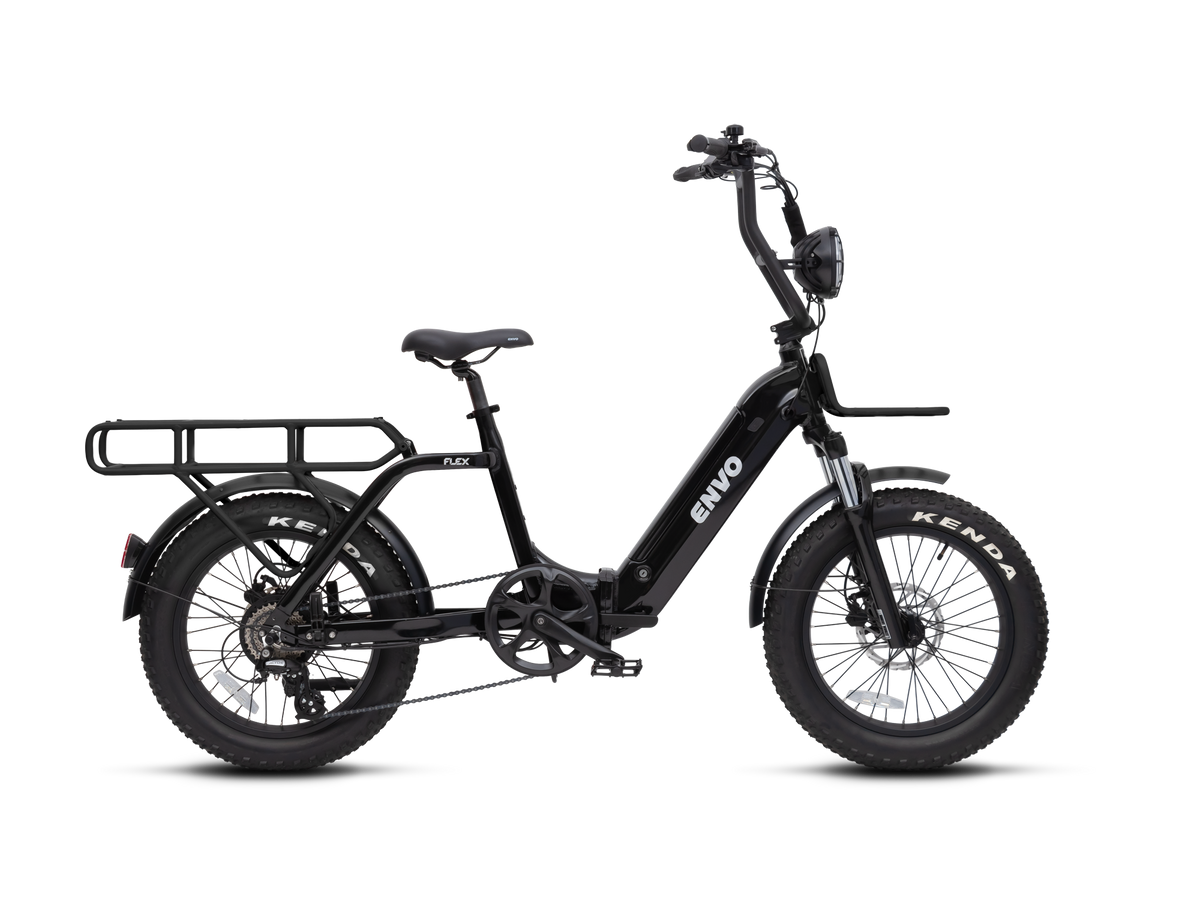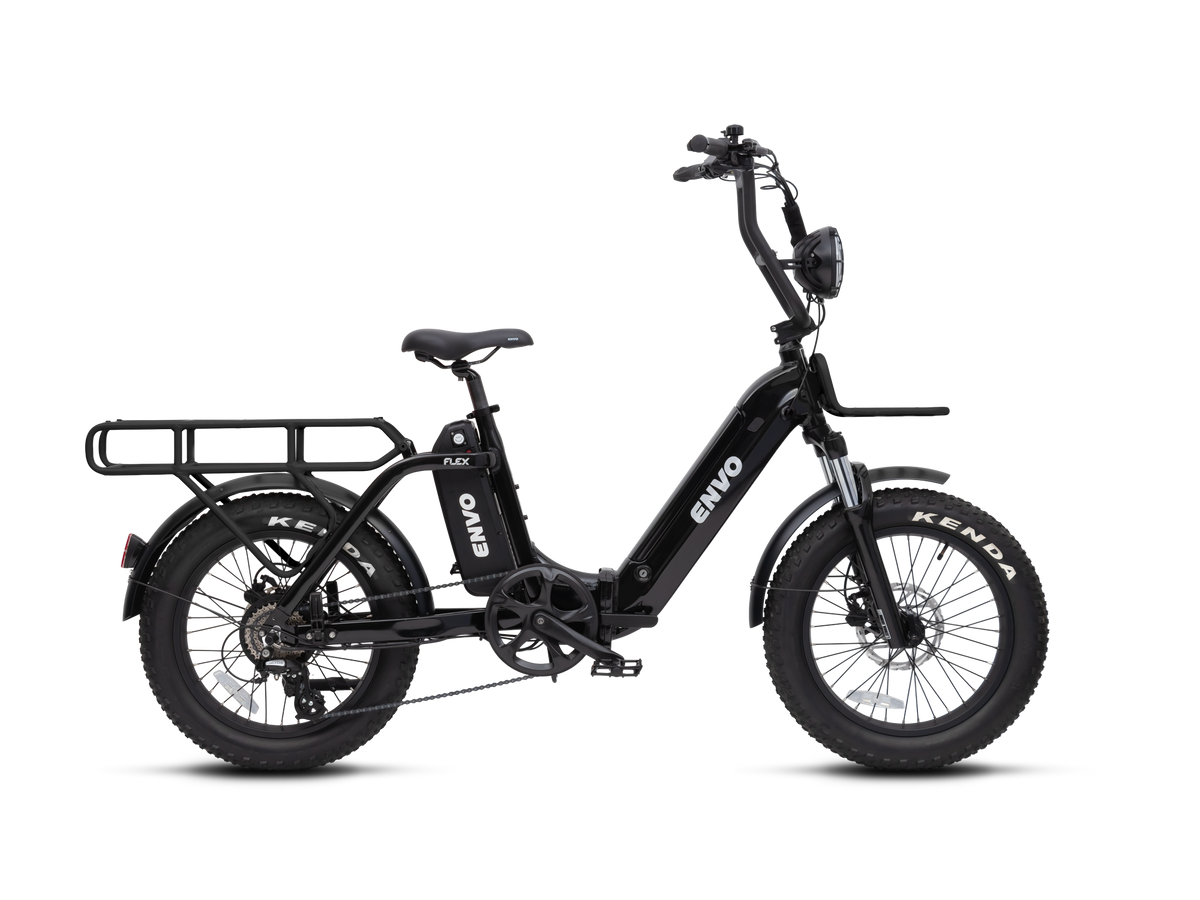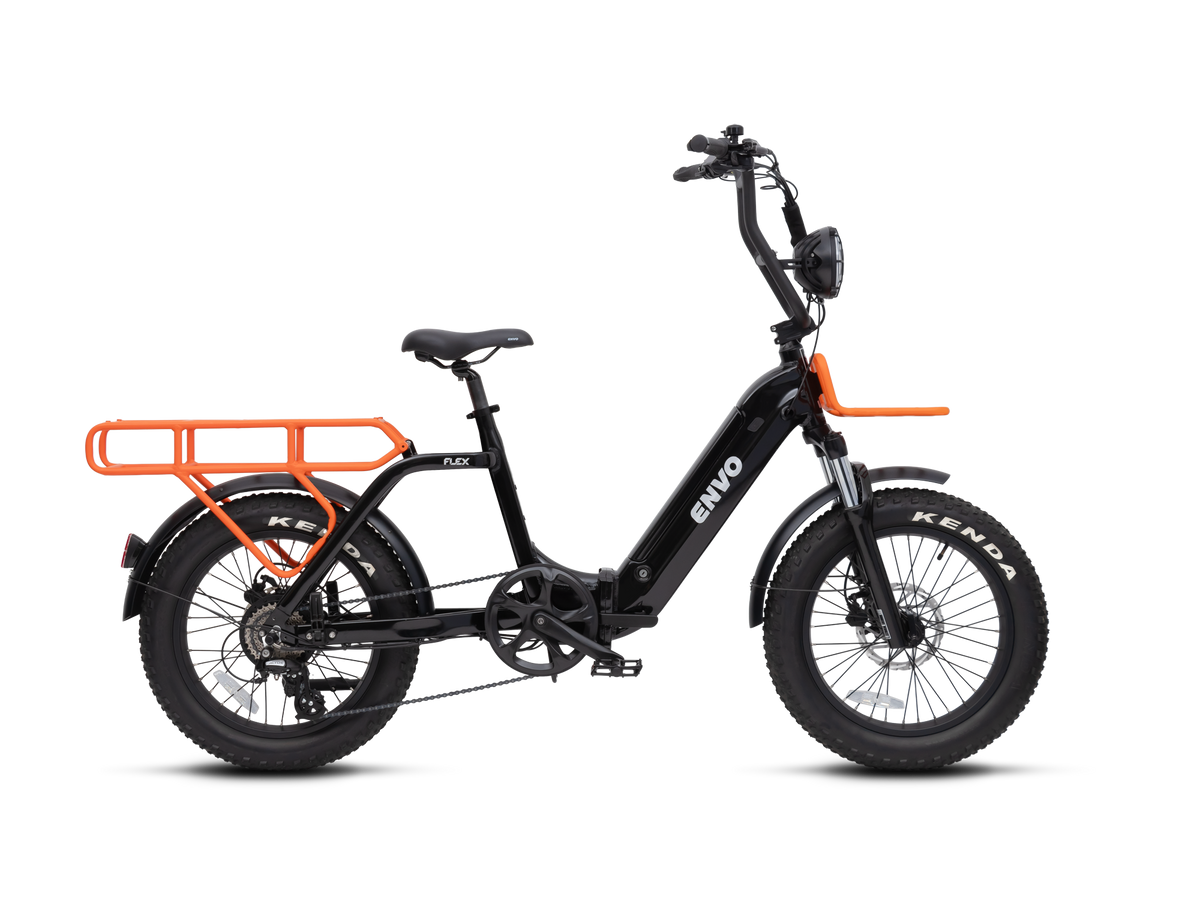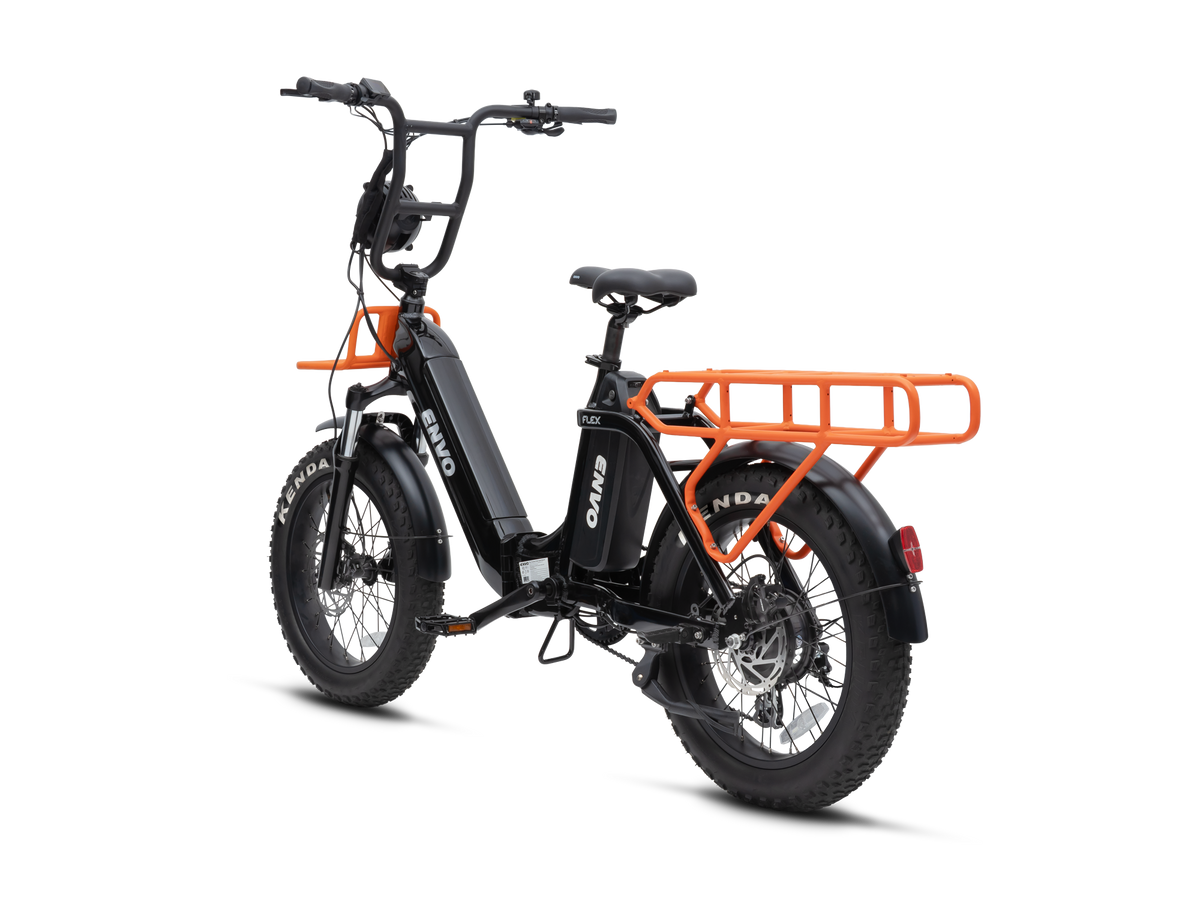Cycling may seem just like an everyday activity we do today; however, this sport has an established history of racism. Recognizing Black cyclists in history allows us to appreciate how they have paved the way for us today. Cycling was first introduced in the 1800s, it may seem like ancient history but that's only 222 years ago. This activity quickly gained traction and became very popular.
Since the very beginning, the League of American Bicyclists (LAB), formerly known as the League of American Wheelmen (LAW) forbade African Americans’ membership in the organization. This decision prohibited African Americans from competing in most cycling races in the United States. Ironically the League represented a community of cyclists advocating for safer roads, stronger communities and a Bicycle Friendly America- But not for African Americans. This regulation was officially revoked in 1999 by Earl F. Jones- A former League president and African American attorney and bicycle advocate. To appreciate the hardships endured, we will shed light on two inspirational Black cyclists who paved the road for the future.
Miss Katherine T. (Kittie) Knox.
First Historic Cyclist
Knox (1874-1900) was a pioneer for women in the sport of cycling, confidently challenging the racial and gender barriers of her time. Born in Cambridge, MA, Knox was a seamstress most of her life but discovered a passion for cycling early on. She saved her earnings from being a seamstress to purchase her first bike. Cycling was undoubtedly a male-dominated sport. Being a woman of colour, Knox joined the Boston Riverside Cycling club- one of the country's first Black cycling groups. She challenged the belief that the sport was only for men by winning against the male competition in races. As Knox participated in more competitions and won, this attracted the attention of others in the community. She challenged all aspects of gender norms by wearing baggy trousers she made herself instead of long skirts that were expected by women. In 1893 Knox joined and was accepted into the League of American Wheelmen (LAW).
However, in 1894 LAW modified its regulations to incorporate the word “white”, which prohibited People of Colour to join the organization. Knox confronted this issue by showing up to LAW’s annual meeting in 1895 to present her membership card confirming her legitimacy in the group before the “white only” members policy. She was eventually accepted by the organization making her the first African American officially recognized in LAW. Throughout her life, Knox continued to pave the way challenging racial and gender equality in the cycling world.
To celebrate her life, in 2019, the City of Cambridge, Massachusetts, named the path connecting Broadway and Binney Street the Kitty Knox Bike Path. Today the League of American Bicyclists (LAB) acknowledges her influence with the Katherine T. “Kittie” Knox Award, which recognizes a champion of equity, diversity, and inclusion. In 2020 this award was presented to Ayesha McGowan, the first recipient to receive the award. Ayesha is the nation's first African American woman professional road racer. She has been a voice for more representation and inclusion of Black people in the cycling community.

Marshall (Major) Taylor
Second Historic Cyclist
Born in Indiana, Marshall Walter “Major” Taylor (1878-1932) was another pioneer who spearheaded change and overcame hurdles in professional cycling. Not only did Taylor surpass cycling records as a teenager, but he was also the first African American athlete to reach the status of a World Champion and second Black man to win a world championship. Despite his athletic success, he was also an advocate for equity in sports. At the age of 12, Taylor received his first bike. He worked at a bike shop as a mechanic, and his boss at the time, Louis Munger, a former racer, was convinced he would be a champion. Munger sponsored him in races and coached him as Taylor started racing in multiple distances on road and track events. Taylor also performed bike tricks in the shop wearing a military uniform- hence the nickname “Major”.
At the age of 18, Taylor became a professional athlete, and at 20, he became a world champion. From 1896 to 1910, Taylor was considered the LeBron James and Jackie Robinson of his era, but it wasn’t easy. He experienced racism and discrimination every step of the way. White cyclists would crash into him, intentionally sabotaging his win, spectators would throw water at him or place nails on the track. Racetrack owners would also refuse his right to compete. At the time, the League of American Wheelmen excluded People of Colour membership to their organization, yet they profited from Taylor’s participation in their competitions. But nothing would stop him. Taylor set seven world records and earned the title of “world champion sprinter”.
Taylor passed in 1932, but what made his achievements that much more extraordinary was that he was a man of colour who persevered in his career despite the racism, violent threats, and physical abuse he experienced by others. He persisted with dignity and became an icon for the future. To honour his legacy, the City of Chicago named one of Chicago’s urban bike trails the Major Taylor Trail.

We have come a long way since, but that doesn’t mean we stop advocating and creating change. Without this history, cycling would not be where it is today. As industry leaders in mobility, we will continue to innovate and use our platform to inspire others and celebrate the legacies of the past. As we work towards a brighter, greener planet, the future of mobility continues to grow. Be a part of the change!
If you're in need of a new ebike contact us and we can set you up with a test ride!


